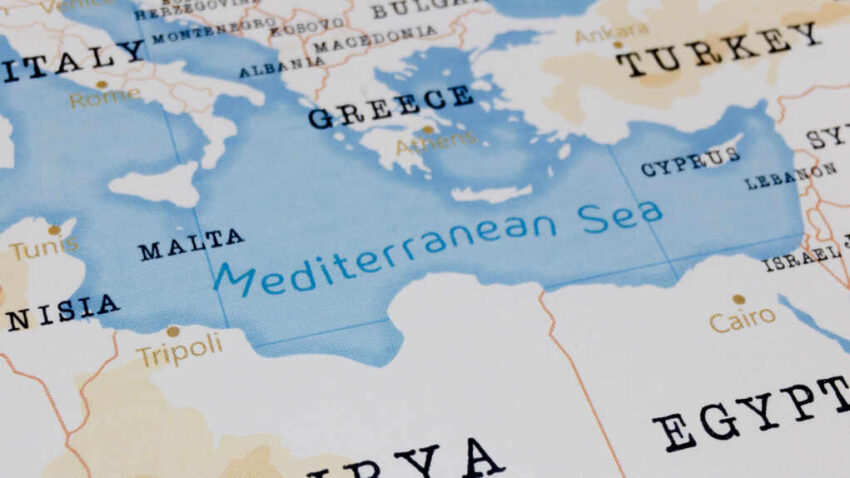A historic marine heatwave is cooking the western Mediterranean Sea, pushing ocean temperatures to record-breaking levels and unleashing a cascade of ecological chaos that threatens marine life, coastal economies, and Europe’s environmental stability.
At a Glance
- The western Mediterranean is experiencing the most extreme marine heatwave ever recorded for this season.
- Sea surface temperatures have surged far above historical norms, alarming climate scientists.
- Warming waters are already damaging marine ecosystems and threatening key species.
- The crisis could devastate regional fisheries, biodiversity, and coastal economies.
- Scientists call for urgent global and regional responses to prevent irreversible loss.
Oceans on Fire: Mediterranean Waters Reach Critical Heat
The western Mediterranean Sea, long considered one of the world’s most biodiverse marine regions, is now on climate red alert. According to marine researchers, the region is undergoing its most intense seasonal marine heatwave in recorded history. Water temperatures are several degrees above normal for this time of year—enough to disrupt biological processes, kill off coral communities, and displace critical fish populations.
Watch a report: Extreme Global Weather Continues as Heatwave Set to Peak in Europe
The abnormal heat is not just a scientific anomaly—it’s a crisis unfolding in real time. Sea grass meadows are bleaching, shellfish are dying en masse, and species like anchovies, tuna, and cuttlefish are migrating or vanishing. The heatwave is particularly punishing in shallow coastal zones, where trapped heat magnifies the biological damage. Marine life that evolved over millennia is now being forced to adapt in mere weeks—or perish trying.
The Fallout: Fisheries, Tourism, and the Threat to Stability
The impact isn’t confined to coral and kelp. The Mediterranean basin supports more than 150 million people across Europe, North Africa, and the Middle East. From small-scale fishing villages to billion-dollar seafood industries, the economic ripple effects are enormous. If temperature spikes continue, fish stocks may crash—forcing communities to confront job losses, food insecurity, and population displacement.
The tourism sector, already strained by rising heat and wildfires, is also at risk. Once-pristine snorkeling and diving hotspots are turning into graveyards of dead coral and jellyfish blooms. Conservationists argue that the real danger lies in the normalization of this destruction. “We are watching the slow-motion death of the Mediterranean,” one marine ecologist warned, “and doing almost nothing to stop it.”
Climate in Crisis: Warnings Ignored, Consequences Escalate
This is not the first marine heatwave to slam European waters—but it is the most severe, and the warnings are impossible to ignore. The European Copernicus Climate Service has been flagging rising sea surface anomalies for months. Still, international action remains tepid. Scientists now fear a chain reaction: warm waters kill foundational species like plankton, collapse food chains, and destabilize the regional climate.
Global greenhouse gas emissions remain the underlying driver. Without radical emissions cuts and immediate investment in marine protection systems, experts warn that entire oceanic regions could be rendered ecologically barren within a generation. Mitigation windows are closing, and the Mediterranean heatwave is the blinking warning light on the planet’s dashboard.
The crisis in the Mediterranean is not a distant threat—it is a live-fire demonstration of what unchecked climate acceleration looks like. If governments and global institutions continue to drag their feet, the next heatwave won’t just endanger fish and coral. It will imperil the foundations of life and livelihood across continents.
Click this link for the original source of this article.
Author: Editor
This content is courtesy of, and owned and copyrighted by, https://deepstatetribunal.com and its author. This content is made available by use of the public RSS feed offered by the host site and is used for educational purposes only. If you are the author or represent the host site and would like this content removed now and in the future, please contact USSANews.com using the email address in the Contact page found in the website menu.








